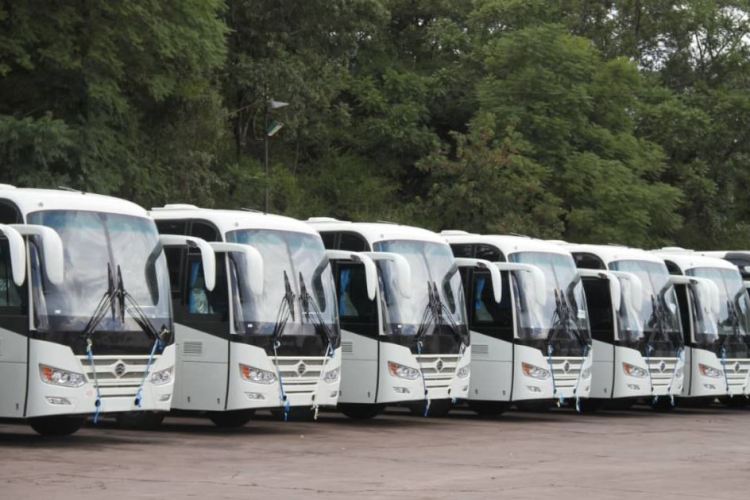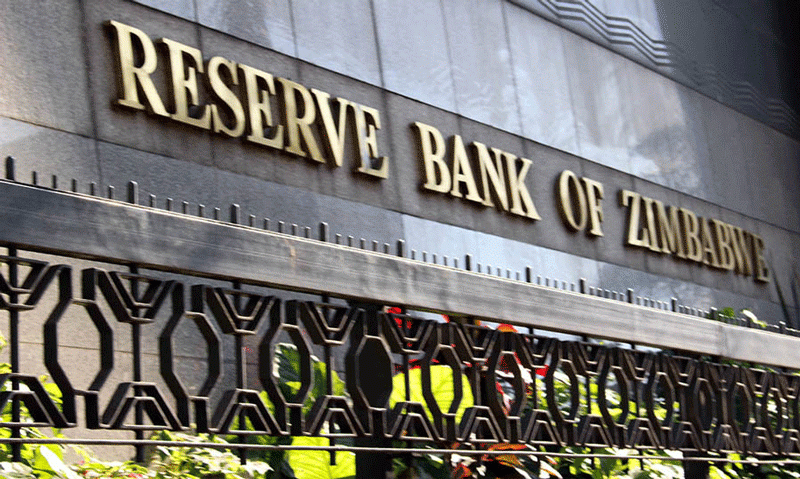
RESPECT GWENZI I HAD a dream, early Thursday morning and unlike Martin Luther King Jnr’s, it was not about a brighter future for Zimbabwe.
It was about you, Mr President, the struggles of a Zimbabwean youth, the pivotality of youths in your quest to retain power, a slight gesture of goodwill on your part and the underlying challenges facing our country.
I will not elaborate as much about the actual dream, save to say, after your rally, a group of us youths were rounded up by the military for breaching certain curfew timelines and we were bunched into a classroom, where we expected a Robert Mugabe-style treatment of heavy assault, not to say that you haven’t done the same.
Instead the room was hastily organised and soon you came in with some of your lieutenants to address us, the youths. You intended to listen to the youths and respond. I for one was ready to share my views, which I will do here.
Zimbabwe has barely changed between the Mugabe era and yours, from an economic standpoint.
Poverty levels currently stand at over 60%; GDP per capita has fallen from 2018 levels; average wages have gone down by at least 60% between 2018 and 2022.
Inflation has come from single digits during dollarisation to an average of over 100% over the period you have been power.
The exchange rate continues to weaken at a rate that is unimaginable. Fundamentally, production levels still lag 2018 levels. While capacity utilisation is improving, the scope or breadth of industry expansion remains adverse.
- Chamisa under fire over US$120K donation
- Mavhunga puts DeMbare into Chibuku quarterfinals
- Pension funds bet on Cabora Bassa oilfields
- Councils defy govt fire tender directive
Keep Reading
Most companies are struggling with stocking inputs due to limited forex availability. Companies are also struggling with cash flow management and value preservation due to inflation and exchange rate challenges.
The fiscal management of the economy, which anchors economic stability and growth, together with the monetary policy are not in good shape and that is the major underlying problem.
I have repeated this argument in many fora and platforms I have addressed for years and the volatility prevailing in the currency market and the preceding inflationary pressures are symptoms.
There is clearly no sabotage emanating from outside Zimbabwe or internally or the business community or political nemesis.
The fiscus is budget based and this projects future revenues in the preceding year and therefore the expenditures that follow. If revenues are expected to swell, expenditures are accordingly adjusted upwards.
The challenge with a volatile economy is that planning ahead becomes even more difficult, for both companies and the government.
Now if inflation is growing at rates of above 50% per annum, as has been the case over the last two years, this means future cash flow projection is likely to be futile and thus some revenues are either overstated or understated.
Even so, as inflation curtails spending power and revenues in constant currency expected by both companies and government. So one of the challenges here has been revenue projection, while the other problem is that of expenditure management.
Government has been having a hard time trying to manage costs just like any other entity or individual in the country. The most volatile expenditure line has been the civil service wages.
Constantly, the government has been threatened with unrest and most times had to yield on the demand of the workers, outside of the budget.
This meant that overall expenditure had to be increased with little reference to revenues. This is the biggest conundrum of the season.
This, however, does not imply that real wages have been increasing. Real wages remain 50% below dollarisation levels despite the adverse impact of unplanned increases.
Mr President, these highlights are merely symptoms of your underperformance as a government. In 2019, you promised a wholesale reformation auspiced under the Transitional Stabilisation Programme (TSP).
The document was widely seen as a breakaway from command economics into a private sector anchored economic growth phase. This, however, was not to be.
Your parastatals remain loss-makers and according to the 2020 Auditor General Report, corruption is still very high and just like in the old, driven by impunity and cronyism.
While this gives you political leverage, it downgrades your chances of success on the economic front. Your strategy was that of privatisation of some parastatals and this remains a pipe dream. NetOne, TelOne, Agribank (AFC) and Zupco have long been prime for such a move.
Five years on nothing has materialised. These collective losses are a strain on the fiscus and my estimate is that they chew at least US$1 billion from the fiscus every year, an estimated 25-30% of the total budget.
Your government has perpetuated a stance by Mugabe’s regime to reward only those that sing praises to you and your party Zanu PF. The awarding of farms and now of mining claims to a few Zanu PF-linked citizens is a gross abuse of your office and worse still a gross way of managing the country from an economic stand-point, which I will explain.
Corporate structures, such as Zimplats, contribute far much more to economic growth than individual players in mining. Corporate entities are easily monitored by the Financial Intelligence Unit (FIU) at the Reserve Bank of Zimbabwe (RBZ) and hence have no way or incentive to externalise or dubiously handle their funds.
Government receives their dues and easily monitors their transaction flows. This is advantageous to the government’s policy of export receipts surrender.
Further, the government receives its full dues in terms of taxation that is both corporate tax and royalties. These corporates are guided by ethics, which inform recruitment and such matters as environmental management, a key component of sustainability.
Corporate mining entities, therefore, spread their income to employees, the community, which supplies some of their inputs. The generality of the economy benefits from their taxes.
Most of these entities have built schools, roads, hospitals, stadiums, supported arts, the disabled and vulnerable groups within their regions of operations.
The cake from corporate profits is shared by a wider group of beneficiaries, which meets the criteria of equitability.
Now, Mr President, your coterie of handpicked individuals benefiting from your strategy are self-aggrandising. These individuals side market mineral resources, evade tax on their profits, import top range cars without paying duty, subvert the auction market as they are the biggest players on the parallel market and spend big on trivial stuff which has no benefit to the economy.
They do not employ anyone or pay living wages to those they employ and their contribution to economic growth is negligible.
The danger of you perpetuating this stance is that national resources will be plundered at a disadvantage to the State in both present and future terms.
The economy will keep on, on an unstable path and most people will remain marginalised without jobs and in poverty. These few are known as mbinga and have no structures to their dealings, which means their operations are highly inefficient.
Your government has to pursue a broad-based economic empowerment strategy, which looks at sustainability, resource optimisation and competitiveness.
If you are learning anything from the Russia war, Mr President, one of the biggest takeaways is that the economy is largely in the hands of oligarchs, but these oligarchs inherited parastatals, which were once highly organised, employing thousands and adhering to corporate governance.
The country is on its knees and a new strategy is needed to harness the potential embedded in our mineral capacity, human capital and other natural resources.
A broad-based economic reconfiguration strategy will largely anchor on restructuring of entities falling under government’s purview, the quality of ministers in your cabinet and Presidium. Corruption is embedded in Zimbabwe’s value system and will drag any effort to restructure the economy. It starts in your office and all the way down to a police officer and an officer at the registry office or the various border posts.
The country also needs to make right its legacy debt with the rest of the world, so as to free up resources over the mid-to-long term. It also needs to normalise relations with the West and this largely entails toeing the line on human rights and related matters. Your penchant for liquidity has brought us here, given that excess RTGS liquidity now showers the market resulting in the crash of the Zimbabwean dollar.
- Gwenzi is a financial analyst and MD of Equity Axis, a financial media firm offering business intelligence, economic and equity research. — [email protected]











